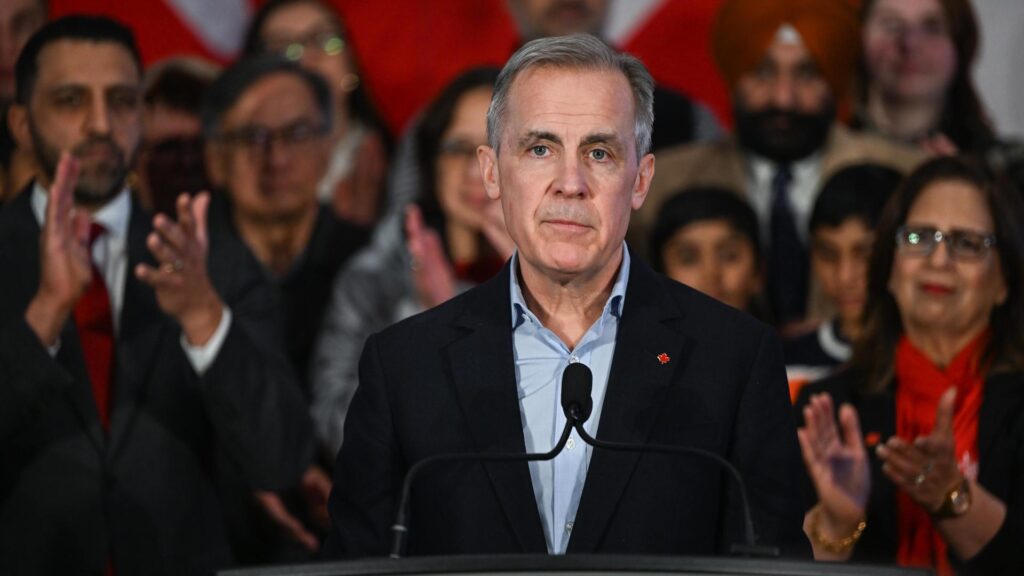
Introduction
Mark Carney, the former Governor of the Bank of Canada and the Bank of England, has become a central figure in global finance and climate stewardship. His innovative approaches to monetary policy and his commitment to addressing climate change have garnered both national and international attention. In an era where economic stability and environmental sustainability often find themselves at odds, Carney’s leadership is particularly relevant. Understanding his contributions provides insight into the evolving relationship between finance and sustainability in addressing modern global challenges.
Mark Carney’s Career Milestones
Born in Canada in 1965, Mark Carney served as the Governor of the Bank of Canada from 2008 to 2013, steering the country through the global financial crisis. His adept handling of monetary policy helped maintain stability against a backdrop of unprecedented challenges. After relocating to London, Carney took on the pivotal role of Governor at the Bank of England, where he served from 2013 to 2020. Here, he played a crucial role in implementing policies that not only aimed to stabilize the UK economy but also focused on the financial sector’s resilience in relation to climate risks.
Climate Action: A Pioneering Approach
Mark Carney’s influence extends beyond traditional finance. In a landmark speech in 2015, he highlighted the financial sector’s exposure to climate change risks, urging banks and financial institutions to consider the potential economic impacts of climate policy. His leadership has significantly shaped the Task Force on Climate-related Financial Disclosures (TCFD), aimed at creating a framework for companies to disclose climate-related risks transparently.
In 2021, Carney was appointed as the UN Special Envoy on Climate Action and Finance, emphasizing the need for private sector funding to support global climate initiatives. He has been a strong advocate for a just transition to a low-carbon economy, predicting that climate-related considerations will be a defining factor in investment decisions moving forward.
Current Influence and Future Outlook
Today, Mark Carney continues to contribute to both the financial industry and climate action. His recent engagements include advising various organizations on sustainable investment practices and contributing thought leadership on integrating climate risk into financial frameworks.
As global leaders continue to grapple with the effects of climate change, Carney’s advocacy for sustainability in finance is increasingly pertinent. His unique blend of expertise in monetary policy, banking, and climate science positions him at the forefront of creating strategies that address some of the most pressing issues facing humanity.
Conclusion
Mark Carney’s dedication to reshaping the global financial landscape while addressing climate change is significant for investors, policymakers, and the general public. His work underscores the interconnectedness of sustainable practices and economic stability. As we move towards a future that prioritizes environmental concerns, Carney’s vision may well be a pivotal influence for forthcoming generations in both finance and climate stewardship.






